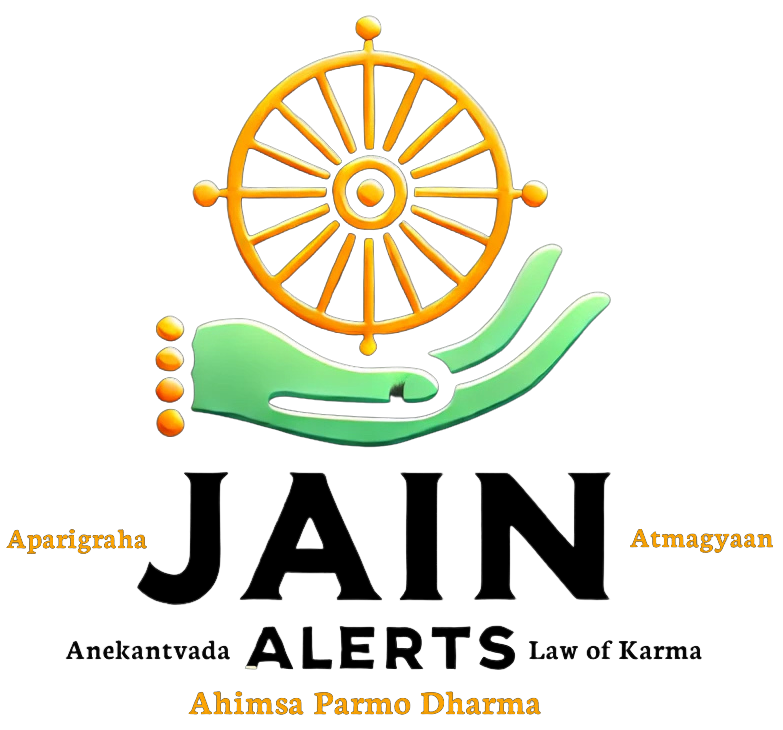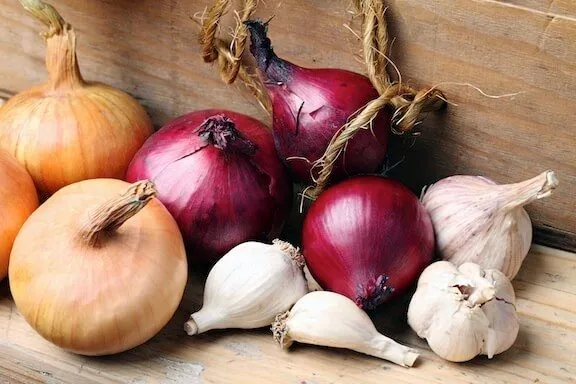Table of Contents
Why Do Jains Not Eat Onion and Garlic?
Jainism, one of the oldest religions originating from India, places a significant emphasis on non-violence (ahimsa) and the purity of the soul. The dietary restrictions followed by Jains, including the avoidance of onions and garlic, are rooted deeply in their spiritual and ethical beliefs. This article delves into the reasons behind these dietary choices, exploring the cultural, spiritual, and practical aspects of Jain vegetarianism.
What is Jain Vegetarianism?
Jain vegetarianism is considered one of the most rigorous and spiritually motivated diets globally. It goes beyond just avoiding meat, fish, and eggs, extending to certain plant-based foods as well. Here’s a closer look at the key components of this unique dietary practice:
Core Principles
- Ahimsa (Non-violence): The fundamental principle of Jainism, aiming to avoid harm to any living being.
- Lacto-Vegetarianism: Jains consume dairy products but abstain from meat, fish, and eggs.
- Exclusion of Root Vegetables: Foods like potatoes, onions, garlic, and other underground vegetables are avoided.
Why Don’t Jains Eat Onion and Garlic?
Spiritual and Ethical Reasons
The primary reasons for avoiding onions and garlic in Jainism are deeply intertwined with spiritual beliefs and ethical considerations.
- Tamasic Qualities: Onions and garlic are categorized as ‘tamasic’ foods, which are believed to promote darkness, ignorance, and passion. Consuming such foods is thought to disturb the mind and hinder spiritual progress.
- Non-Violence: Onions and garlic grow underground and are home to numerous microorganisms. Harvesting these vegetables can destroy entire plants and the killing of tiny organisms, which goes against the Jain principle of ahimsa.
Health and Wellness
- Mental Clarity: Jains believe that avoiding onions and garlic helps maintain mental clarity and composure. These foods are considered to stimulate unnecessary desires and emotions.
- Digestive Health: From a health perspective, some Jains argue that these foods can cause digestive issues and bad breath, further aligning their exclusion with overall well-being.
Cultural and Practical Aspects
Traditional Practices
- Family Customs: In many Jain families, the avoidance of onions and garlic is a long-standing tradition passed down through generations.
- Festivals and Rituals: During certain religious festivals and rituals, the dietary restrictions become even stricter, emphasizing purity and cleanliness.
Modern Trends and Data
- Increased Awareness: With the rise of veganism and plant-based diets globally, Jain vegetarianism is gaining attention for its stringent ethical standards.
- Health Trends: There is a growing trend towards consuming foods that promote mental and physical health, aligning with Jain dietary practices.
The Broader Impact of Jain Dietary Choices
Environmental Considerations
- Sustainability: Jain dietary practices contribute to environmental sustainability by promoting plant-based eating and reducing harm to living beings.
- Biodiversity: By avoiding root vegetables, Jains help in preserving soil biodiversity and prevent soil depletion.
Social and Cultural Influence
- Culinary Diversity: Jain cuisine offers a rich variety of dishes that are flavorful and nutritious without the use of onions and garlic.
- Ethical Living: The principles of Jain vegetarianism inspire many to adopt a more compassionate and mindful approach to eating.
FAQs
Who follows Jain vegetarianism?
Jain vegetarianism is primarily followed by the adherents of Jainism, including both ascetics and laypersons. However, its principles are also respected and adopted by people interested in ethical and spiritual living.
How do Jains ensure they don’t consume microorganisms?
Jains take extra measures to clean vegetables meticulously. They avoid eating at night to prevent accidentally ingesting insects and practice mindfulness in food preparation.
Will avoiding onions and garlic affect my health?
Many Jains live healthy lives without consuming onions and garlic. The key is to ensure a balanced diet rich in other vegetables, fruits, grains, and legumes to meet nutritional needs.
Conclusion
The Jain practice of avoiding onions and garlic is a reflection of their deep commitment to non-violence, spiritual purity, and ethical living. While it may seem restrictive, this dietary choice is integral to their way of life, promoting mental clarity, physical health, and environmental sustainability. By understanding the reasons behind these choices, we can appreciate the rich cultural and spiritual heritage of Jainism and its relevance in today’s world.





